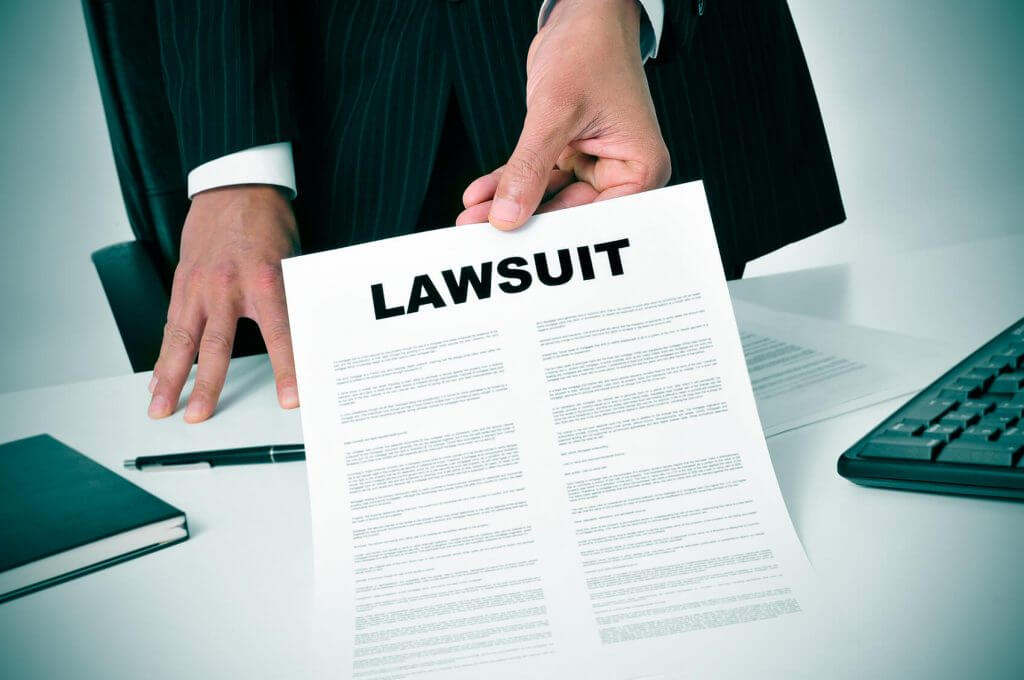The Surpreme Court of Texas heard argument in September 2012, in Brookshire Bros., Ltd. v. Aldridge, No. 12-08-00368-CV, 2010 WL 2982902 (Tex. App.—Tyler July 30, 2010, pet. granted) (mem. op.). The issues presented involve whether the trial court erred by admitting evidence of spoliation and including a spoliation instruction in the jury charge of a slip-and-fall case.
Aldridge slipped and fell on a liquid substance at a Brookshire Brothers store. He notified Brookshire Brothers of the incident immediately after it happened, but the full extent of his injuries did not appear until days later. Aldridge returned to the store and informed Brookshire Brothers of his increased pain. The company documented the incident and Aldridge’s injuries. During this time, Brookshire Brothers also preserved a short segment of a surveillance video recording of the day in question, but later allowed the remainder to be recorded over by the recording system. The preserved segment, which was less than eight minutes in length, showed Aldridge entering the store, falling, and leaving. But it did not include portions of the original recording that could have shown the source of the substance on the floor, additional employees that may have seen the substance, or the amount of effort necessary to clean the substance from the floor.
Aldridge eventually sued Brookshire Brothers for premises liability. The trial court admitted evidence relating to the destruction of the video recording. The trial court also charged the jury with a spoliation instruction. The jury reached a verdict in favor of Aldridge and the trial court rendered judgment on the verdict.
Before any failure to produce material evidence may be viewed as discovery abuse, the opposing party must establish that the nonproducing party had a duty to preserve the evidence in question. There must be a sufficient foundational showing that the party who destroyed the evidence had notice both of the potential claim and of the evidence’s potential relevance thereto.
The Tyler Court of Appeals found Brookshire Brothers had a duty to preserve the unpreserved portions of the recording because it had control of the entire video recording, Aldridge had notified Brookshire Brothers of his injury, and Aldridge had requested to see a portion of the video recording from the day in question.
Brookshire Brothers’ failure to preserve the recording prejudiced Aldridge because the video would have been some evidence of when the spill occurred, the length of time that the spill remained, and the cleanup efforts and any immediate investigation, both demonstrating the size of the spill. Thus, the trial court did not abuse its discretion by admitting spoliation evidence.
By saving a small portion of video and allowing the remainder to be destroyed, Brookshire Brothers engaged in the “intentional spoliation of evidence relevant to a case.” Therefore, the Tyler Court of Appeals found the trial court did not abuse its “broad discretion” by charging the jury with the spoliation instruction.
– Michael H. Bernick, Haley & Olson, P.C.

